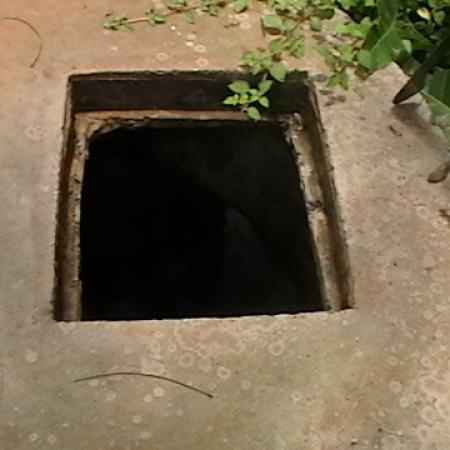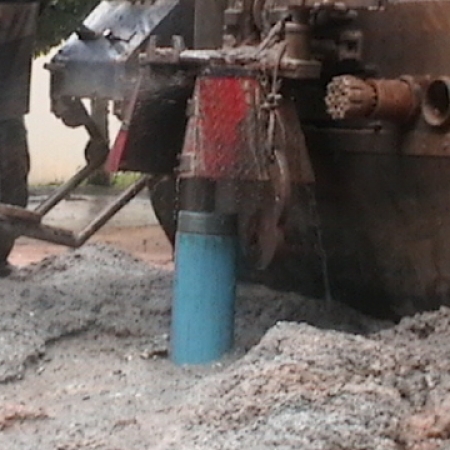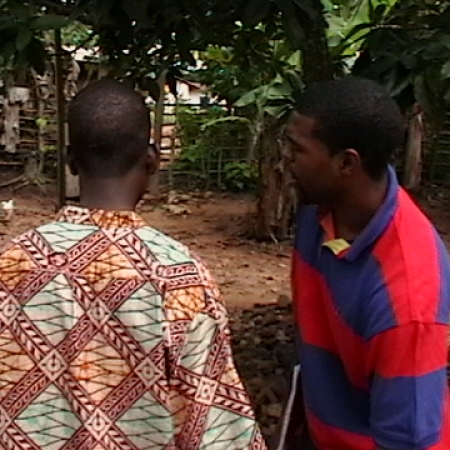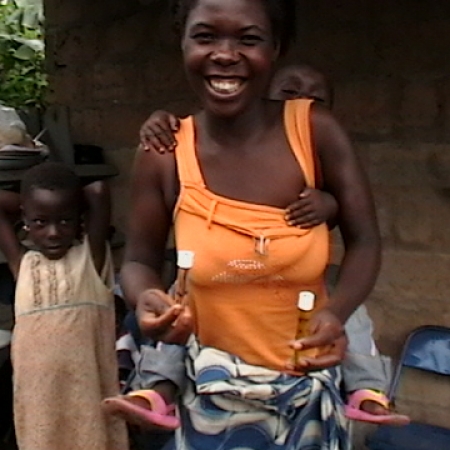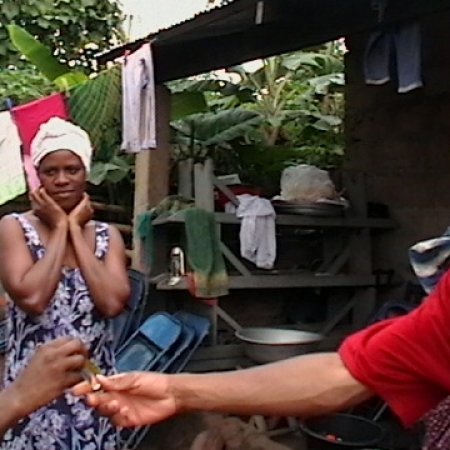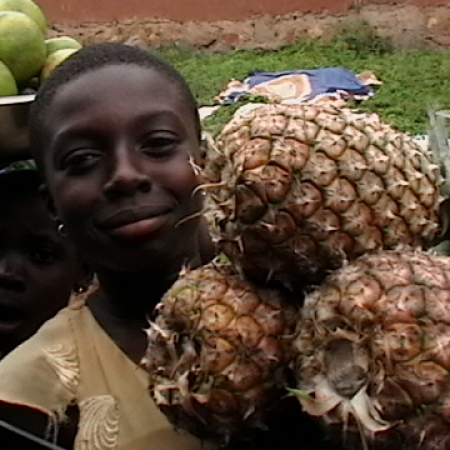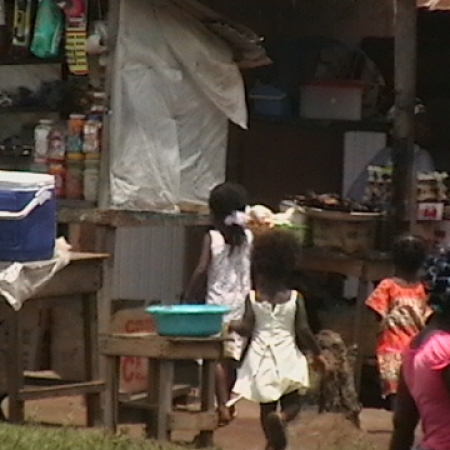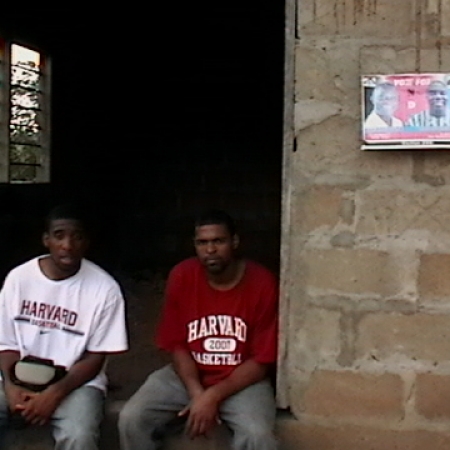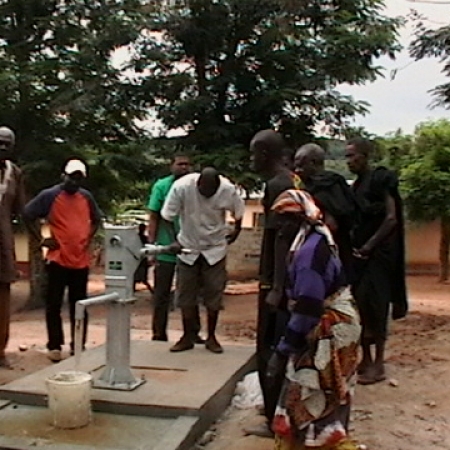Interview with the Researcher
Project Summary
In 2008, the United Nations-designated “International Year of Water and Sanitation,” two Harvard undergraduates and I co-founded Project Access to Clean Water for Agyementi (Project ACWA), with the goal of providing clean water and sanitation to Agyementi, a village in southern Ghana. A significant number of people in Agyementi, like other villagers in that region of the country, suffered from trachoma, a preventable disease which causes blindness, as well as guinea worm, skin diseases, and diarrhea, all of which resulted from contact with contaminated water and poor sanitary conditions. ACWA was conducted via Social Engagement, a pedagogical initiative of the Department of African and African American Studies. Motivated by the concept that by stepping outside the ivory tower students are better able to understand what they study, Social Engagement emphasizes how and why academic ideas and even technological discoveries are challenged by the lived experiences and cultural prescriptions of communities we work with. Thus, Project ACWA was the product of academic study combined with practical experience and fieldwork.
Without Project ACWA, Agyementi would have remained with the 1.1 billion people globally without access to clean water and the 2.6 billion without access to adequate sanitation. The infants in Agyementi would have continued to die from diarrhea, adding to the 2.2 million deaths attributable to diarrhea every year. [Sangu Delle '10]
Full Project Documentary

